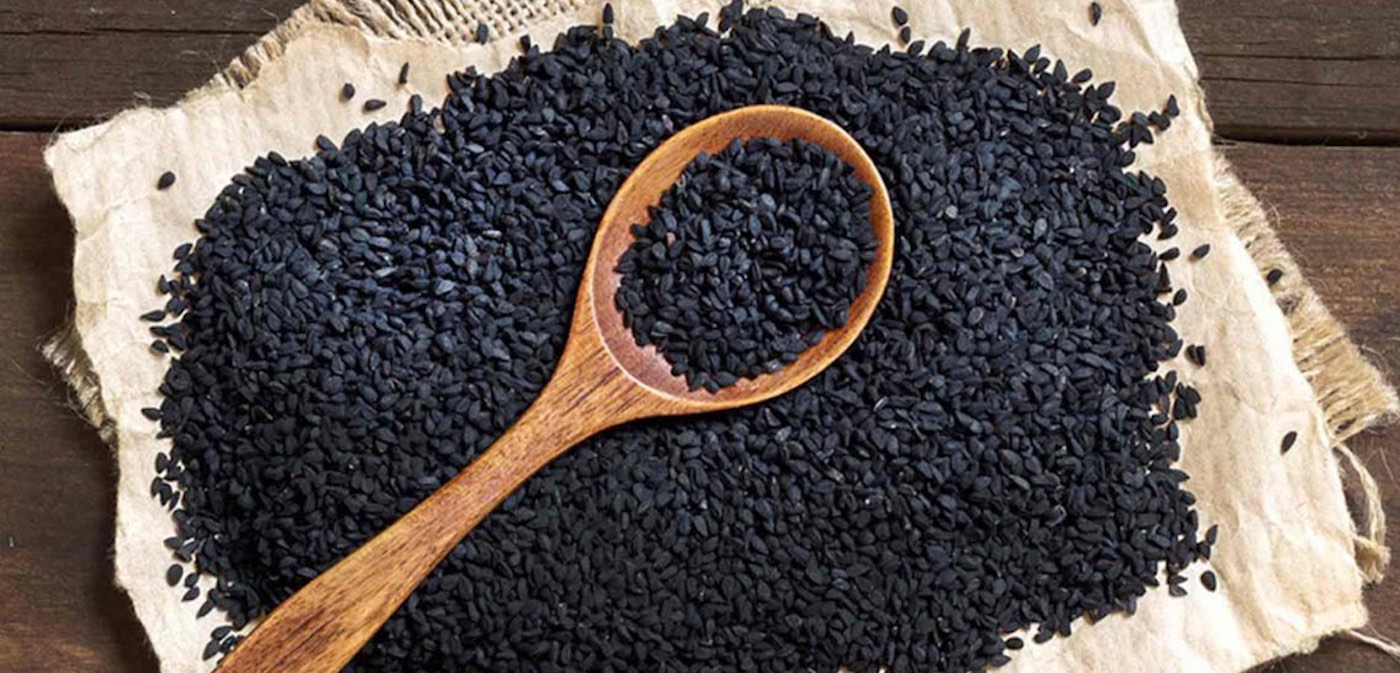Diabetes mellitus or more commonly known as diabetes is a disease which plagues around an astounding 4 million people in the UK. This chronic disease is without a cure and people must rely on daily intake of prescribed medicines to make up for the body’s inability to fully process glucose. Whilst people rely on medicines, lifestyle changes and insulin injections others have wanted treatment in the form of natural herbal remedies and therapies which are targeted to be a universal treatment.
One such alternative is black seed oil which is considered an effective herbal remedy to counter diabetes. But before we delve into the alternative medicines and remedies, let’s look at what black seed oil is.
Black seed oil is extracted from the seeds of this plant and throughout the world it is referred to by different names depending on the region they belong to like in Southwest Asia it is referred to as kalonji and in other parts it may be called black cumin seeds or black onion seeds or even black caraway in some regions of the world.
The oil which is extracted has unique antioxidant qualities of its own which is why its contents are utilized in supplements or cosmetics involving skincare or hair repair. The food industry uses the oil as a flavour augmenter for drinks and various food products.
Seeing as, the enriching properties of black seed oil enables it to be an effective remedy to diabetes and its types. But let’s also look at other secondary alternatives which are beneficial and effective against diabetes.
ALTERNATIVES
- ALPHA-LIPOIC ACIDS
These are antioxidants mainly found in “green” leafy vegetables such as spinach and broccoli except for potatoes. Alpha lipoic acids (ALA) may lessen the nerve damage caused by diabetic neuropathy. Some studies support the use of this supplement for neuropathy.
There is some evidence ALA has advantages when taken by injecting. Several studies show it’s not effective when taken by mouth. According to the National Centre for Complementary and Integrative Health (NCCIH), there is minute support it guards against diabetic macular edema or enhances the body’s feedback to insulin.
- FIBRE and BARLEY
Eating fibre reduces blood sugar and insulin concentrations. The advised quantity of fibre is about 30g in a day. Most people get 6-8 g roughly, which is not at all enough to meet the daily requirements as it is about one fifth of what is needed. To ensure the daily required amount is reached comfortably one can take fibre supplements but the sure shot way is to eat lots of vegetables containing fibre.
Barley is a high-protein grain which has loads of reliable data to support its claims in its role in helping to regulate insulin, blood sugar and cholesterol levels. Barley does not need soaking like fibre supplements such as fibre husks and usually cooks in about 15 minutes on a stove with water with some salt and other seasonings you might add to taste.
- GYMNEMA
This Ayurvedic medication is just chewing upon the leaves of the Gymnema plant. People in India have used this plant for many a century and call this plant gurmar or sugar destroyer in their native Hindi language. The plant leaves may have blood sugar lowering effects, but clinical studies are slow in catching up to the benefits.
As it is used for centuries in India and with evidence that is coming up to speed about its medical uses showing improvements for glucose metabolism, insulin concentrations and as an assistant to enhance the outcomes of conventional medications such as insulin injections and pills. But as it works in synchrony with your traditional medicines it is of the essence to regularly check blood glucose levels to avoid hypoglycaemia.
- APPLE CIDER VINEGAR
Apple cider vinegar primarily contains acetic acid and is widely known to be accountable for many of its health benefits. Numerous researches and data unveil the countless benefits of using Apple cider vinegar daily. Ingesting apple cider vinegar handily before bedtime can lower your morning sugar levels.
It is even better to take apple cider vinegar with daily meals can decrease the glycaemic load of a carb rich meal. You can generally incorporate it into your meals or diets, or you can also choose to consume it as it is.
But be also wary of the side effects of taking apple cider vinegar daily as it can lead to reduced appetite or nauseating feelings.
- BLACK SEED OIL
We’ve mentioned in great length how beneficial black seed oil is and what it is. But what good does it do for diabetes especially? So, black seed oil may help people with type 2 diabetes according to the review published in the complementary therapies of medicines in 2015. In the preliminary stages and studies show that test subject mice had increased pancreatic function and an overall higher control over blood sugar levels. Moreover, it also increased the sensitivity to insulin as well which is splendid news for all those affected by diabetes.
Black seed oil can easily be incorporated into our diets or meals which cannot be said for the other alternatives apart from apple cider vinegar.
Alongside these diabetic benefits there are several other benefits to account for as well such as helping in boosting immunity and triggering weight loss. Also helps with regrowth of hair and with improving digestion.
Conclusively it needs to be stated that out of all these alternatives black seed oil should be the go-to treatment for diabetes due to its numerous advantages and benefits which are conducive to the health generally as well.








